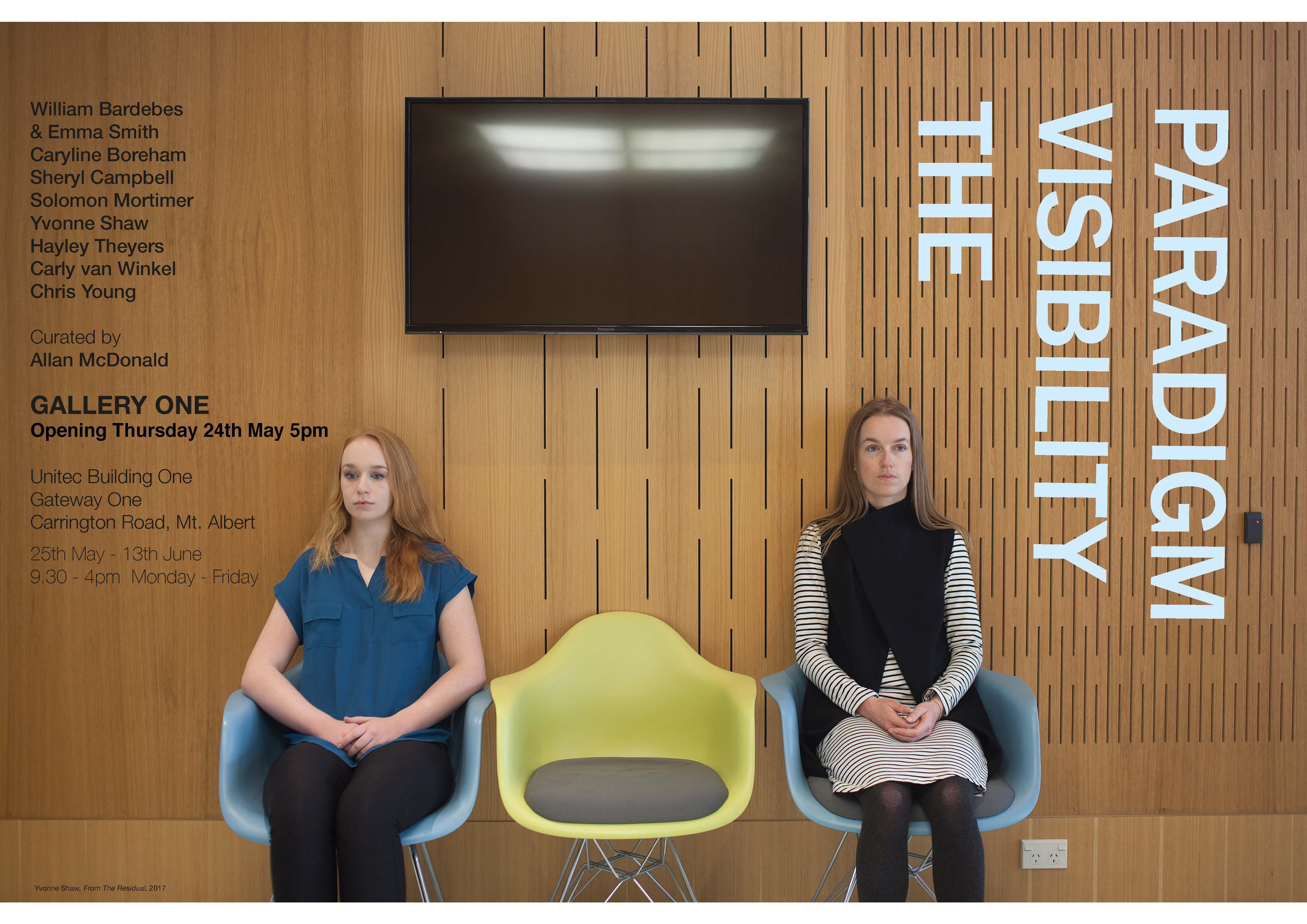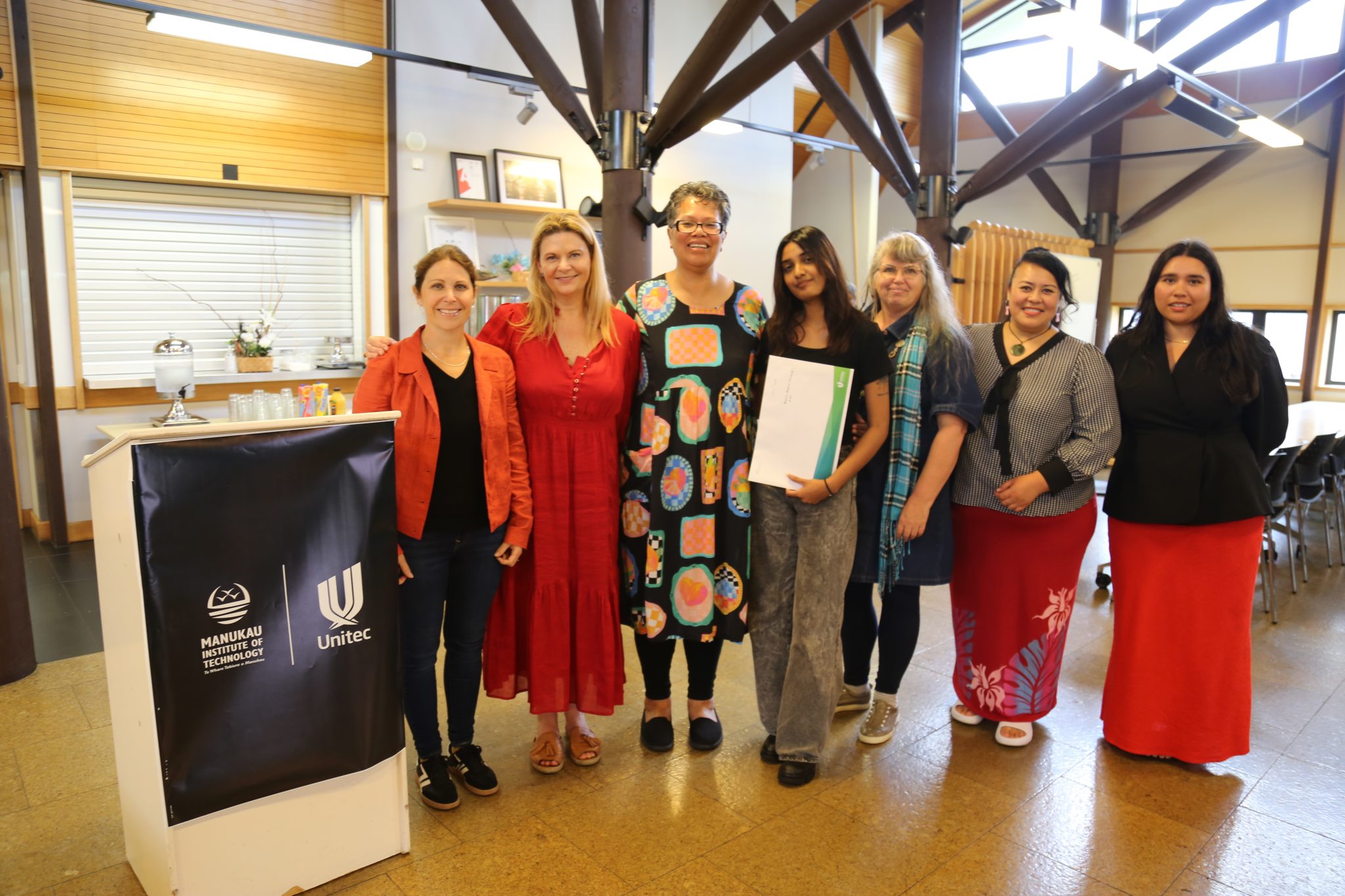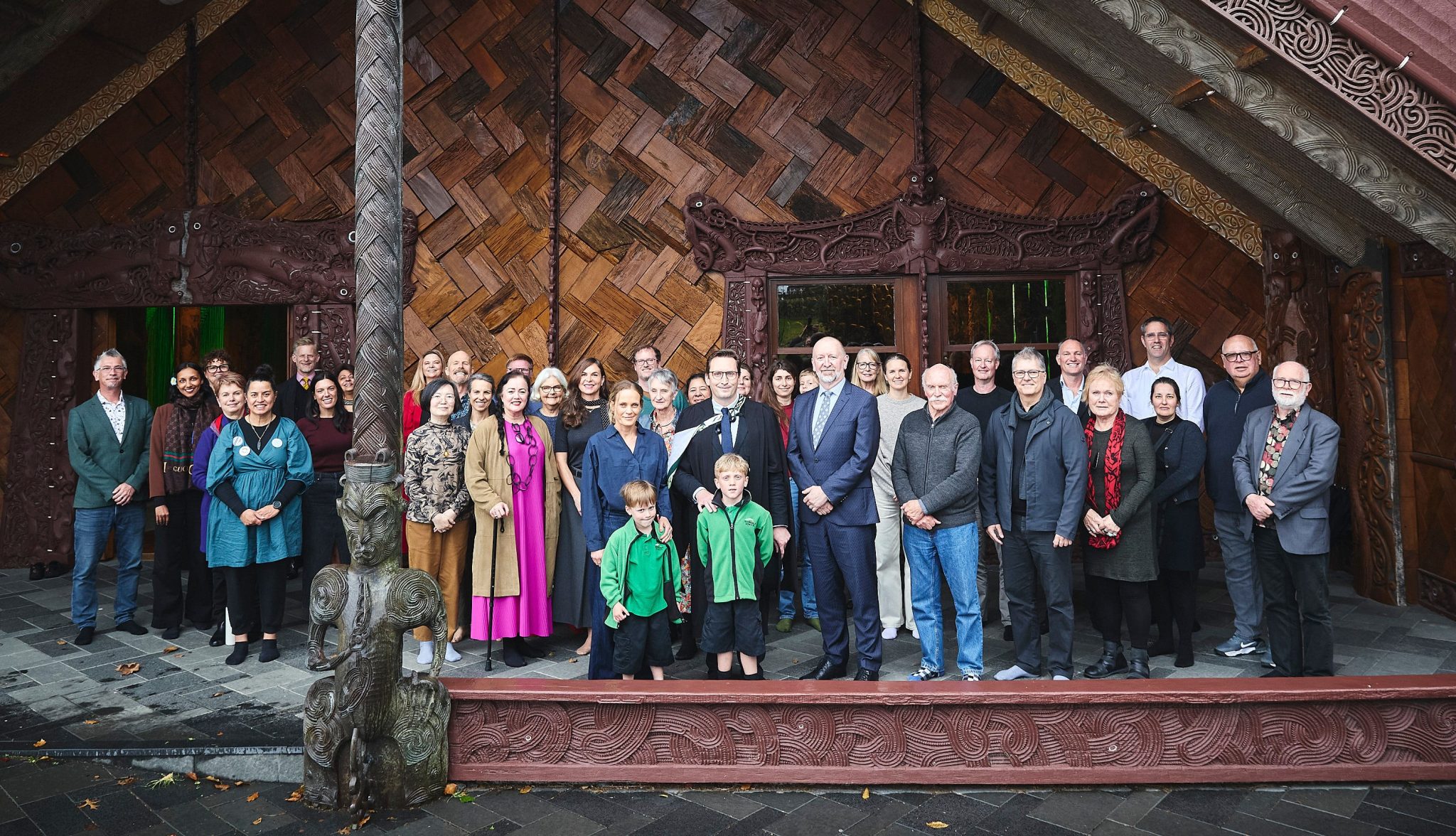Creative Industries lecturer Allan McDonald plays a key role in three events in the 2018 Auckland Festival of Photography – examining ideas of visibility and control, and celebrating his award-winning photobook Carbon Empire.
In a building that once housed a psychiatric hospital, Unitec photography lecturer Allan McDonald has curated an exhibition about visibility and power for the 2018 Auckland Festival of Photography.
The Visibility Paradigm (May 25-June 13) opens this week in Unitec’s Gallery One, within the imposing brick building that was once the Carrington Psychiatric Hospital.
“The theme of control was selected by the festival as a response to the rapidly increasing advance of camera surveillance technologies in the digital age,” says McDonald. “I thought it would be interesting to take a broad tangential approach to this central idea, particularly given the history of the building the gallery resides in.”
The Visibility Paradigm continues Unitec’s longstanding association with the Auckland Festival of Photography. The exhibition features work from Unitec Creative Industries lecturers William Bardebes and Emma Smith, Unitec masters student Sheryl Campbell, Hayley Theyers, and Unitec alumni Caryline Boreham, Solomon Mortimer, Yvonne Shaw, Carly van Winkel and Chris Young.
“The different projects in the exhibition bear the imprint of the artist’s individual subjectivities and histories, and as such explore a range of dynamics between visibility and control. These range from a typology of prison architecture through to subtle interplays, such as might exist in a look between two people,” McDonald adds.
The Visibility Paradigm
May 25-June 13, Monday-Friday, 9.30am-4pm
Gallery One, Building One, Carrington Rd, Unitec’s Mt Albert campus (enter through gate one)
AN IMMERSIVE PANEL DISCUSSION
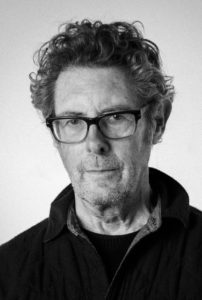
Unitec photography lecturer Allan McDonald.
McDonald is also part of a parallel panel discussion (June 9), with a twist – the event will take place inside a camera obscura.
“The camera obscura is the oldest form of camera technology, going back to the Renaissance, and it has had a number of different forms. Our camera is a room that has been blacked out except for a small opening on one wall. This opening casts an inverted image of the scene outside,” explains McDonald.
“We have traditionally thought of the camera as a small discrete object we hold in our hand, as something we control inside our environment. A camera obscura shifts that idea so the camera is our environment, and the element of control becomes a lot more tenuous; this is, I think, a 21st-century condition.”
The discussion will examine notions of visibility, power and the camera in the age of face-recognition technology – and its social and political ramifications. The panel also features Dr Leon Tan, William Bardebes, Dr Nina Seja and Dr Scott Wilson.
The Visibility Paradigm – Panel Discussion
Saturday 9 June, 1-2pm
Gallery One, Building One, Carrington Rd, Unitec’s Mt Albert campus (enter through gate one)
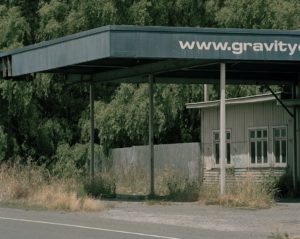
An image from Allan McDonald’s award-winning photobook, Carbon Empire.
SPOTLIGHT ON PHOTOBOOKS
Earlier this year, McDonald won the New Zealand Photobook of the Year Award for his publication Carbon Empire (Rim Books). This puts his work high on the list of must-sees at Photobook Friday (June 1), another Auckland Festival of Photography event.
Photobook Friday features McDonald introducing Carbon Empire, Margaret Samuels discussing the work of the late Jocelyn Carlin in the book Every Picture Tells A Story, and the chance to see work from international practitioners Alejandro Chaskielberg, Enrico Stefanelli and Gwen Lee. All photobooks will be available to browse and buy.
Carbon Empire works in the space between art and documentary photography. McDonald says his book is a “small, experimental, zine-style publication”, and reflects on the effects of the 1998 deregulation of the New Zealand petroleum sector and the subsequent demise of many small petrol stations.
The book combines a short series of staged photographs of a ‘man in the street’ made in 1997 with images of closed petrol stations photographed between 2003 and 2017. Carbon Empire is a juxtaposition of these two series of photographs and a single image, made by chance in 2002. It was published by Rim Books, an artist-focused publishing venture, established in Auckland in 1996 by Haru Sameshima.
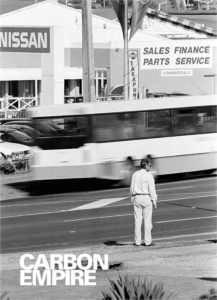
The cover of McDonald’s award-winning photobook, Carbon Empire.
The judges praised McDonald for his “outstanding publication where photography, design, editing and production come together to support an original and contemporary concept. The work takes great care with its available materials, utilising an almost beautiful restraint to address global issues via local photographs of abandoned petrol stations, and a figure alone in the street.”
When he’s not working at Unitec, McDonald runs his own practice as a documentary photographer with a deep interest in industrial and urban landscapes. “It’s good for students to see their teachers out there practising and then passing on that experience that’s only gained by first-hand encounters,” he says.
“Like many lecturers in the Creative Industries, I want my students to find an authentic voice that provides ongoing satisfaction, and that makes a contribution culturally, socially and artistically.”
Photobook Friday
Friday 1 June, 12-3pm
Auckland Central Library, Lorne St, Auckland Central
